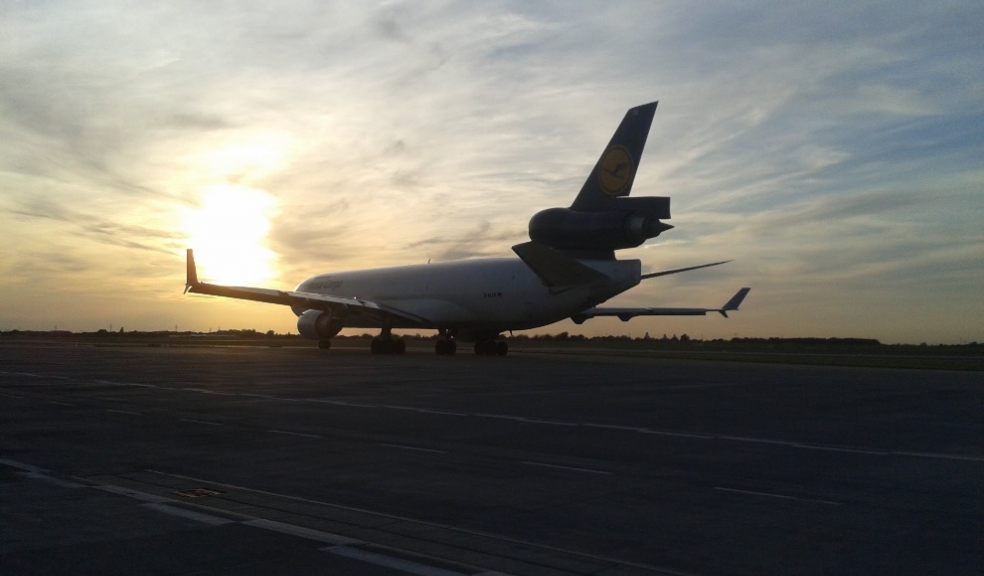
The role of air cargo efforts fundamental in humanitarian crisis
Even aside from the ongoing challenges posed by climate change and extreme weather events, there’s gathering evidence that the world is facing its largest humanitarian crisis since the formation of the UN back in October 1945.
In a speech to the Security Council delivered in March 2017, it was revealed that in excess of 135 million people across the globe would need humanitarian assistance and relief during the subsequent 12 months, as rising instances of food insecurity, famine, ravaging disease and geopolitical conflicts continue to impact on the world’s poorest areas.
The recent Coronavirus outbreak has provided a relevant case in point, but one of the most interesting aspects of the subsequent relief efforts has been the level of collaboration between various air cargo agents such as FedEx and Ontario Airport.
However, air cargo has always played a seminal role in humanitarian relief efforts, and this trend is only going to increase in the years ahead.
What Role Do Air Cargo Agents Play in Delivering Humanitarian Relief?
In the midst of any humanitarian crisis or natural disaster, the provision of relief in a fast, secure and affordable manner is absolutely pivotal.
Given the logistical issues also posed by issues that develop in third-world countries, successful relief efforts simply have to rely on the aviation industry, along with the constant cooperation between global aid agencies and organisations.
In fact, the aviation sector and its key players are integral to the efficient delivery of food and medical supplies in restricted areas, while they can also help to deliver shelter materials in the event of an unexpected natural disaster.
Air cargo services can prove particularly essential in instances where there’s crumbling infrastructure or an ongoing conflict, as such circumstances often cut off ground access to entire regions and local populations.
On a similar note, air cargo also enables aid organisations to shift and deliver supplies quickly, which is often crucial in instances where regions have been hit by an extreme weather event or a seismic climate shock.
The Global Air Cargo Presence and Practical Examples of Success
Of course, the quick movement of supplies is helped by the creation of strategically placed hubs that are pre-packed with core supplies, and this is commonplace in regions such as West Africa where such items are stockpiled and humanitarian issues are commonplace.
In order to expedite the delivery of crucial items and supplies between such stations, we’ve recently seen the development of the world’s leading humanitarian airline. Known as the United Nations Humanitarian Air Service (UNHAS), this organisation is managed by the World Food Programme (WFP) and operates in excess of 70 chartered aircraft.
This network currently covers over 300 destinations across 19 different countries, and continues to work tirelessly in the delivery of aid in real-time scenarios of life and death.
There are other aircraft charter specialists that also do excellent work in this space, with Chapman Freeborn offering a relevant case in point. After all, this air cargo firm successfully completed and ambitious (and not to mention urgent) humanitarian charter to assist the victims of the Sri Lankan floods last year.
This high-profile movement saw the movement of food, medical and shelter supplies from the Jebel Ali Free Zone in the UAE to Colombo in Sri Lanka, following coordination and input from the United States Agency for International Development (USAID).
This crisis was one of the most devastating of its type for years, with more than 325,000 people displaced from their homes and a total of 30 tragically losing their lives.
In total, more than one million nationals were affected by this disaster, but the quick and efficient delivery of aid helped to restrict the spread of illness and famine.
This is the perfect embodiment of how air cargo agents can help to deliver aid to areas that need it the most, often in double-quick time and regardless of the crisis facing those in need.



















